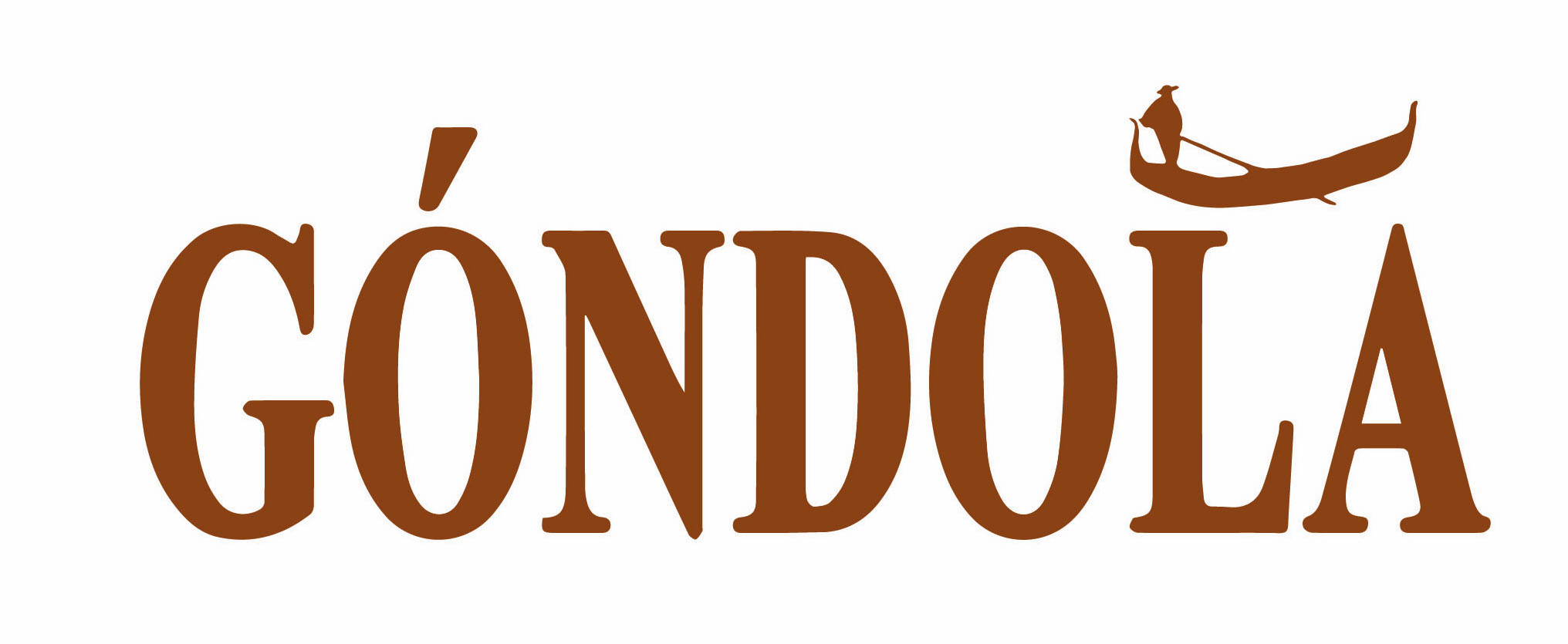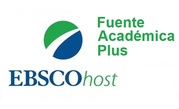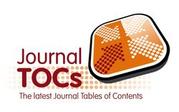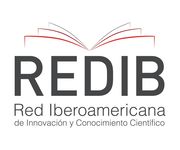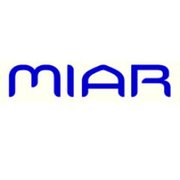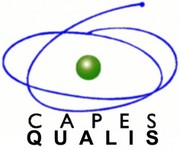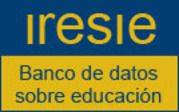DOI:
https://doi.org/10.14483/23464712.5313Published:
2007-01-01¿Cómo aprenden física los invidentes?
How blind people learn physics?
Keywords:
Teaching for the blind, Physics education (en).Keywords:
enseñanza para invidentes, enseñanza de la física (es).Downloads
Abstract (es)
El objetivo principal de este trabajo es proponer una alternativa didáctica sencilla que sirva como ejemplo a los maestros para la enseñanza de la física a población invidente, partiendo desde el diagnóstico de la situación actual sobre procesos de inclusión. Para ello desarrollamos una herramienta de fácil accesibilidad y manejo teniendo en cuenta que será una experiencia nueva tanto para el docente como para el estudiante, que exige la formación de habilidades para el planteamiento de soluciones eficaces cuando se enfrentan aulas integradas para enseñar tanto a videntes como a invidentes o limitados visuales.
Abstract (en)
The main objective of this work is to propose a simple didactic alternative that serves as an example to teachers for physics teaching to blind population, starting from the diagnosis of current situation on inclusion processes. In order to do this, we developed a tool that is easy to access and manage considering that it will be a new experience for both teachers and students, which requires education of skills for effective solutions to the situation of facing integrated classrooms to teach both seers and blind or visually impaired people.
References
• “Un aporte pedagógico para el área científica”. INCI. Abril 2006.
• “Material didáctico para estudiantes con limitación visual”. INCI. Octubre 2005.
• “Plan de desarrollo para la población con limitación visual 2006 – 2010”. INCI. Abril 2007.
How to Cite
APA
ACM
ACS
ABNT
Chicago
Harvard
IEEE
MLA
Turabian
Vancouver
Download Citation
License
Gondola, Ens Aprend Cienc. is an open-access publication, free of charge for authors and readers. The publication, consultation or download of the contents of the magazine does not generate any cost for the authors or the readers, since the Francisco José de Caldas District University assumes the expenses related to edition, management and publication. The peer evaluators do not receive any economic retribution for their valuable contribution. The work of all the actors mentioned above is understood as a contribution to the strengthening and growth of the research community in the field of Science Education.
As of December 1, 2018 the contents of the journal are published under the terms of the Creative Commons License Attribution-Noncommercial- ShareAlike 4.0 International (CC-BY-NC-SA 4.0), under which others may distribute, remix, retouch, and create from the work in a non-commercial way, give credit and license their new creations under the same conditions.
The copyright holders are the authors and the journal Gondola, Ens Aprend Cienc. The holders retain all rights without restrictions, respecting the terms of the license in terms of consultation, downloading and distribution of the material.
When the work or any of its elements is in the public domain according to the applicable law in force, this situation will not be affected by the license.
Likewise, we encourage authors to deposit their contributions in other institutional and thematic repositories, with the certainty that culture and knowledge is a good of all and for all.



